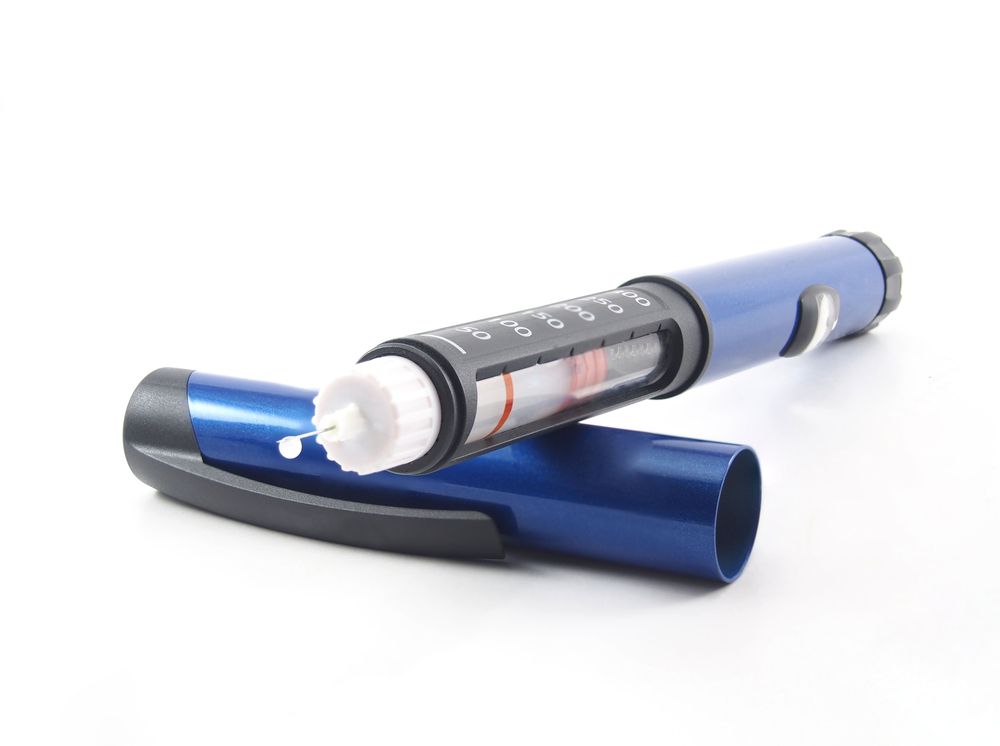Insulin Makers Sued by California for Driving Up Prices

California is suing drugmakers and pharmacy benefits managers (PBMs), accusing them of colluding to drive up the cost of insulin, the life-saving drug that millions of diabetics rely on but which is so expensive that many consumers struggle to afford it, even those covered by health plans. Similar suits were filed earlier by Arkansas, Kansas, Kentucky, Minnesota and Mississippi.
Insulin was developed as a diabetes treatment in 1921 by researcher Frederick Banting, who sold the patent to the University of Toronto for about $1. Today, a month’s supply of the drug can cost $400 or more in the United States.
The suit filed by state Attorney General Rob Bonta alleges that manufacturers Eli Lilly, Novo Nordisk, and Sanofi, and pharmacy benefit managers CVS Caremark, Express Scripts, and OptumRx, have leveraged their market power to overcharge patients. A 2021 report found that insulin costs roughly ten times more within the United States than outside it.
“We’re fighting back against drug companies and PBMs that unacceptably and artificially inflate the cost of life-saving medication at the expense of vulnerable patients,” Bonta said in a news release. “No one should be forced to ration or go without basic medication that could mean the difference between life or death.”
The three manufacturers named in the lawsuit produce over 90% of the global insulin supply and the three PBMs administer pharmacy benefits for roughly 80% of prescription claims managed. The lawsuit argues that because competition is highly limited in both their markets, these six companies are able to keep aggressively hiking the list price of insulin at the expense of many patients.
People from low-income households and communities of color are disproportionately impacted by the practices of insulin manufacturers and PBMs, Bonta said. According to the California Department of Public Health, Hispanic and Black people are much more likely to be diagnosed with Type-2 diabetes, the predominant form of diabetes, than non-Hispanic white people, and much more likely to die as a result of complications from it.
Companies conspire, suit charges
The lawsuit asserts that manufacturers and PBMs are complicit in overcharging for insulin. Manufacturers set the drug’s list price and PBMs then negotiate for rebates on behalf of health plans. Because rebates are based on a percentage of list price, manufacturers raise their list prices to provide the largest rebates they can offer PBMs. PBMs are often paid for their services with a portion of the rebate they have negotiated.
This creates an incentive to negotiate a drug with a higher rebate, not necessarily the lowest price for consumers. As a result, the drug becomes unaffordable for uninsured or underinsured patients, who have to pay the full price of insulin. High list prices also make insulin unaffordable for other patients as well, including those with high deductible health plans or coverage gaps.
These out-of-pocket costs have had severe consequences on the lives of patients. The California Health and Human Services Agency (CalHHS) reported this year that according to national data, as many as 1 in 4 diabetics cannot afford their insulin, and thus ration or stop taking insulin altogether. This rationing is extremely dangerous and can lead to serious health consequences, including death.
A copy of the complaint, as filed with the court, can be found here.
